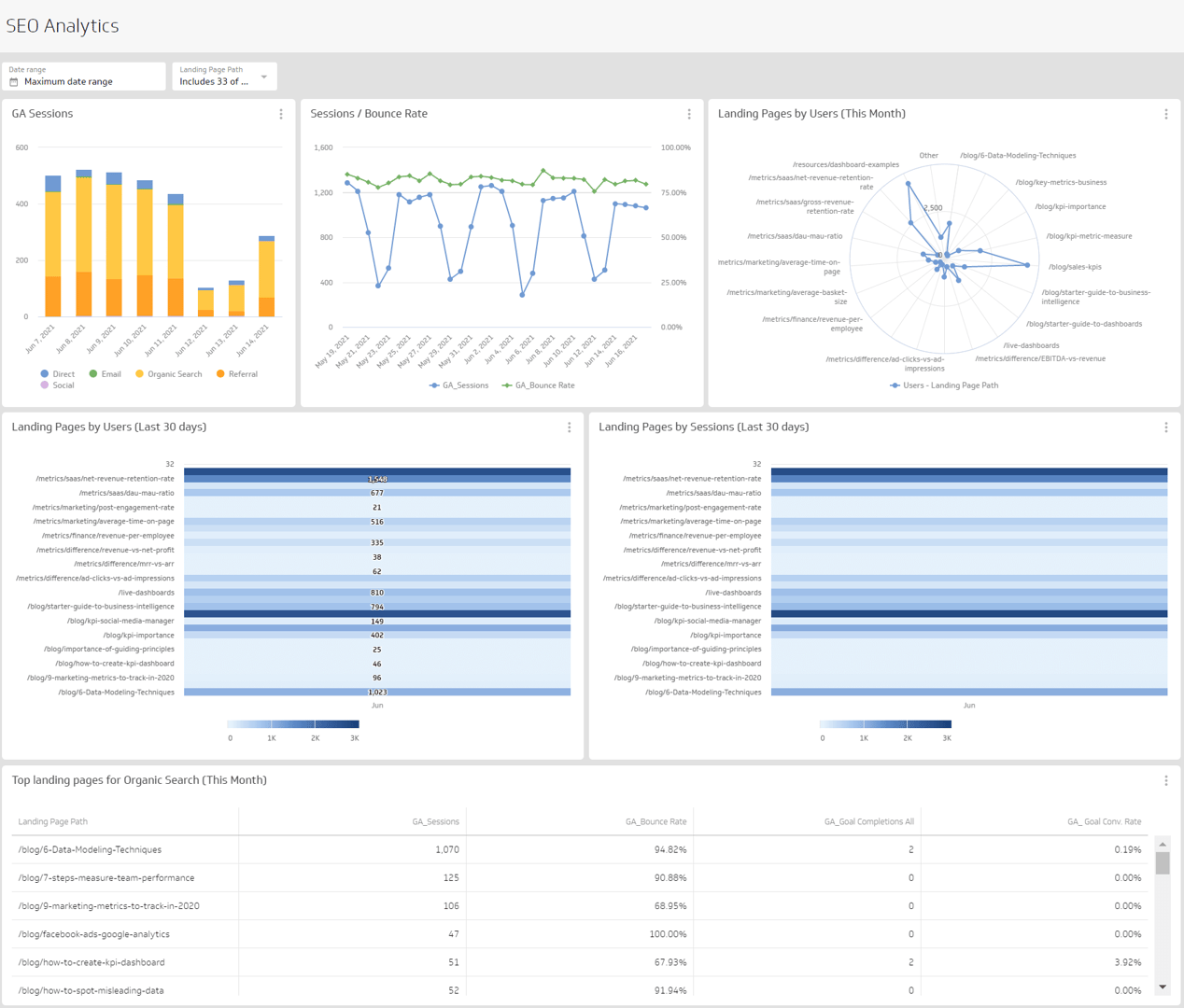
Unlocking Opportunities: The Digital Transformation of Mobile Apps
In the fast-paced world of technology, mobile app digitalization has emerged as a catalyst for change, revolutionizing the way we interact with applications on our smartphones and tablets. This article delves into the profound impact of digitalization on mobile apps, shaping user experiences and opening new possibilities.
The Evolution of Mobile Applications
Mobile applications have come a long way from their inception, evolving hand in hand with technological advancements. Digitalization has played a pivotal role in transforming these apps from simple utilities to sophisticated tools that integrate seamlessly into various aspects of our daily lives.
Enhanced User Experiences through Digitalization
One of the primary benefits of mobile app digitalization is the enhancement of user experiences. The integration of intuitive interfaces, augmented reality features, and personalized recommendations has elevated the way users engage with applications. Digitalization ensures that mobile apps are not just functional but also user-friendly and enjoyable.
The Influence of Cloud Technology
Digitalization has brought cloud technology to the forefront of mobile app development. Cloud-based applications allow users to access data and services seamlessly across devices, fostering a more connected and synchronized experience. This shift reduces the reliance on device storage and enhances the scalability of mobile applications.
Security and Privacy Considerations
As mobile apps become more interconnected and data-centric, security and privacy considerations have become paramount. Digitalization emphasizes robust security measures, encryption protocols, and user authentication processes to safeguard sensitive information. This focus on security is crucial in building and maintaining user trust.
Evolving App Monetization Strategies
Digitalization has reshaped the way mobile apps are monetized. From traditional one-time purchases to subscription models and in-app advertisements, app developers have a plethora of strategies to choose from. This flexibility allows for innovative revenue streams that align with user preferences and app functionalities.
The Role of Artificial Intelligence (AI) in App Development
Artificial Intelligence has become a driving force in the digitalization of mobile apps. AI-powered features, such as personalized recommendations, natural language processing, and predictive analytics, enhance user interactions and contribute to a more intelligent and responsive app ecosystem.
Cross-Platform Development for Accessibility
Digitalization has spurred the growth of cross-platform development frameworks, enabling developers to create apps that run seamlessly on multiple operating systems. This approach enhances accessibility, reaching a broader audience and streamlining the app deployment process.
Challenges in the Digital Transformation Journey
Despite the myriad benefits, mobile app digitalization comes with its own set of challenges. Ensuring compatibility with diverse devices, managing data security concerns, and keeping pace with rapid technological changes require strategic planning and continuous adaptation. Overcoming these challenges is crucial for a successful digital transformation journey.
Looking Ahead: Future Trends in Mobile App Digitalization
The future of mobile app digitalization holds exciting prospects. Emerging trends include the integration of 5G technology, the widespread use of immersive technologies like Virtual Reality (VR) and Augmented Reality (AR), and further advancements in AI-driven functionalities. Staying informed about these trends is essential for developers and businesses navigating the evolving landscape.
To delve deeper into the Digital Transformation of Mobile Apps, visit writemyessay-site.com for comprehensive insights and resources tailored to understanding and harnessing the power of mobile app digitalization.




